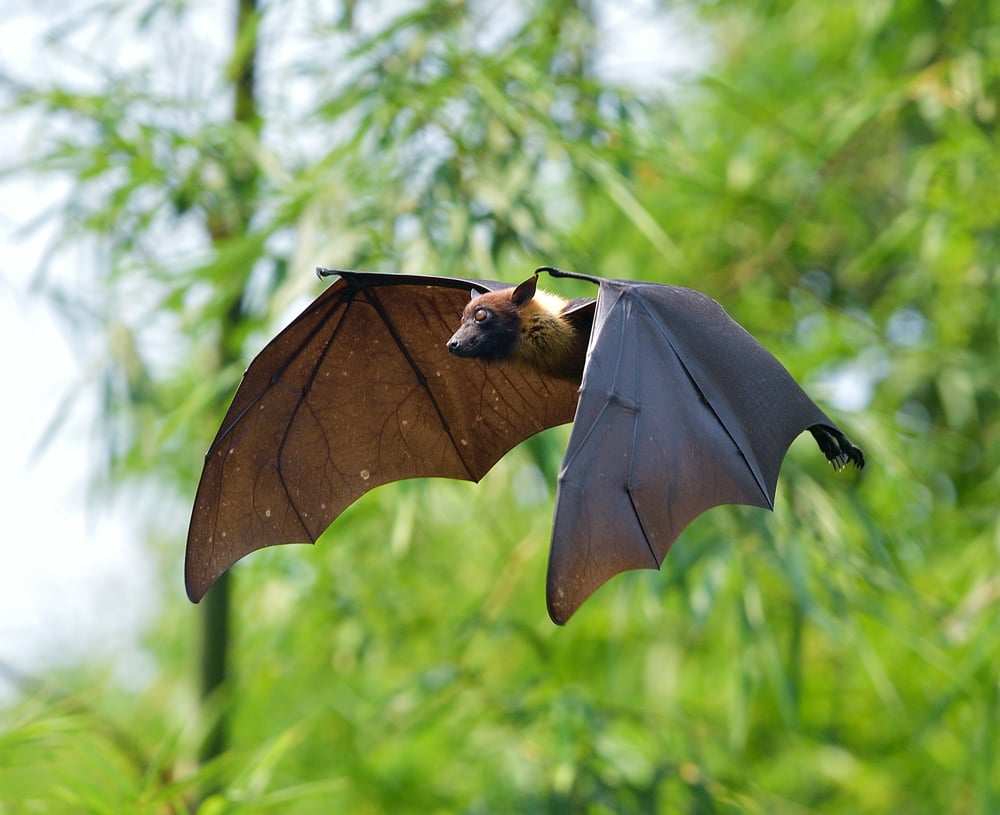When the University of Georgia’s Marine Education Center and Aquarium acquired a new animal they didn’t realize that they were getting a lot more than they bargained for. The octopus was actually pregnant with 10,000 babies!
When the aquarium acquired the octopus they thought it was a pretty standard occurrence. They inspected the octopus and thought it was a male, placed ‘him’ in a tank on his own and went on with their business. At first, the octopus, which they named Octavius, was very inquisitive. He would patrol the tank with his arms spread out wide and was incredibly interested in all the people passing by. Soon his behavior changed, he would go to a small cave at the back of the aquarium and hideout for most of the day. Although his behavior had changed the staff didn’t think they had any reason to worry, the octopus was in good health and perhaps was just getting used to his surroundings.
Except it turned out he wasn’t a he at all. When a member of the team went to clean out the octopuses cave one day, there were thousands of microscopic particles floating around. The female octopus had just had 10,000 babies. As you can expect at first the staff were incredibly confused but once they realized what was happened they stepped into action. They started to collect the babies in buckets and took them away to look after them.
While you may be wondering how professional aquarium staff could confuse a female and male octopus, don’t be so harsh. It is actually very difficult to tell the difference between a male and a female. Male octopuses have slightly smaller heads and they have a slightly different third arm. The third arm of a male octopus has a sperm groove and a specialized tip. When mating the male inserts this arm into a female octopus and deposit sperm packets.
The 10,000 babies were, of course, a pleasant surprise for the aquarium. They placed some in the wild in a river, some in a nursery for the aquarium and some in a nearby research lab. The joy was bittersweet though. Whenever a female octopus gives birth it begins the last chapter of their lifecycle. The octopus will slowly start to die. They stop eating and become focused on one thing only, protecting their babies.
It is incredible to think that both female and male octopuses will die soon after birth. Their whole life is designed around one activity and their species thrive because of it. These fascinating creatures surprised the people at Georgia’s Aquarium and continue to surprise the world with their intelligence and antics. Long may it continue.






